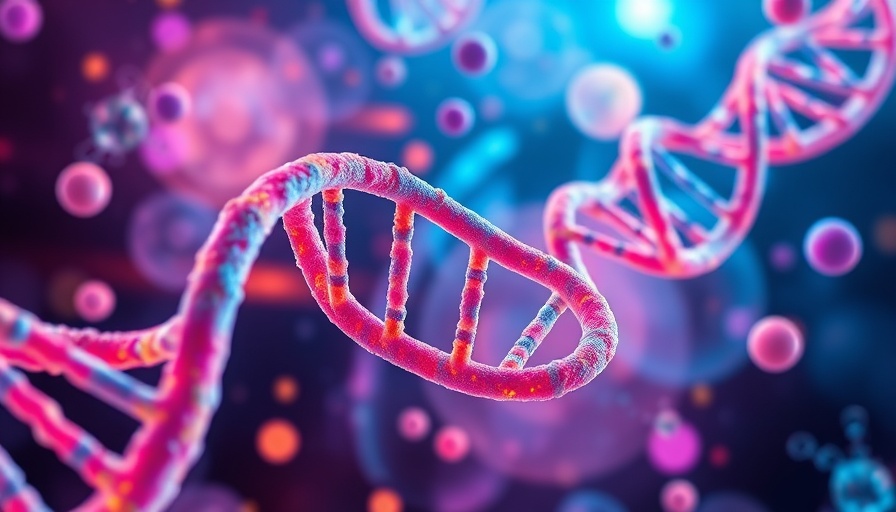
Innovative Aptamers: A New Weapon Against Leukemia
Leukemia has long presented formidable challenges for researchers and healthcare professionals alike, primarily due to the disease’s propensity to camouflage itself within the body’s own systems. However, new research from the University of Illinois at Urbana-Champaign presents a groundbreaking advancement in targeted cancer treatment that may significantly alter the landscape for patients battling this disease. By utilizing drug-carrying DNA aptamers, researchers have created a mechanism that not only precisely zeroes in on leukemia stem cells but also effectively delivers therapeutic agents to combat them.
Understanding the Dual Action of Aptamers
These aptamers — short strands of synthetic DNA — mimic the targeting abilities of larger antibodies, providing a dual-action approach to defeating cancer stem cells. This dual-action mechanism works in two ways: first, the aptamers themselves possess toxic properties towards the cancer stem cells, and second, they serve as carriers for the chemotherapy drug daunorubicin, which is notoriously difficult for cells to absorb directly.
According to Xing Wang, lead researcher on the study, “Targeted cancer treatments often have problems with toxicity or efficacy,” which highlights the primary advantage of this new approach. By focusing specifically on leukemia stem cells, these aptamers aim to eradicate the very source of relapses, ushering in a potential paradigm shift in treatment effectiveness.
Why Targeting Stem Cells is Crucial
Leukemia is notoriously resilient because its stem cells exhibit the unique capacity to evade traditional therapies, often retreating into the bone marrow. Postdoctoral researcher Abhisek Dwivedy outlines that cancer stem cells make up only a small fraction of the total cancer cells, yet their survival enables the cancer's return after treatment. This underscores the importance of therapies targeting these elusive cells.
The Future of Cancer Treatments
The implications of these findings extend beyond just leukemia. As the medical community grapples with the complexities of treating various blood cancers, the ability to deliver precise therapies could pave the way for more successful outcomes. The research emphasizes the significance of selecting dual targets for enhanced specificity, reducing toxicity associated with traditional antibody-drug conjugates that often inadvertently affect healthy cells.
As these treatments advance through clinical trials and into widespread application, healthcare practitioners across all spectrums can look forward to more effective methods for managing blood cancers. This innovative approach not only strengthens treatment protocols but also fosters hope for a future where cancer relapses become a rarity rather than an inevitability.
 Add Row
Add Row  Add
Add 




 Add Row
Add Row  Add
Add 



Write A Comment